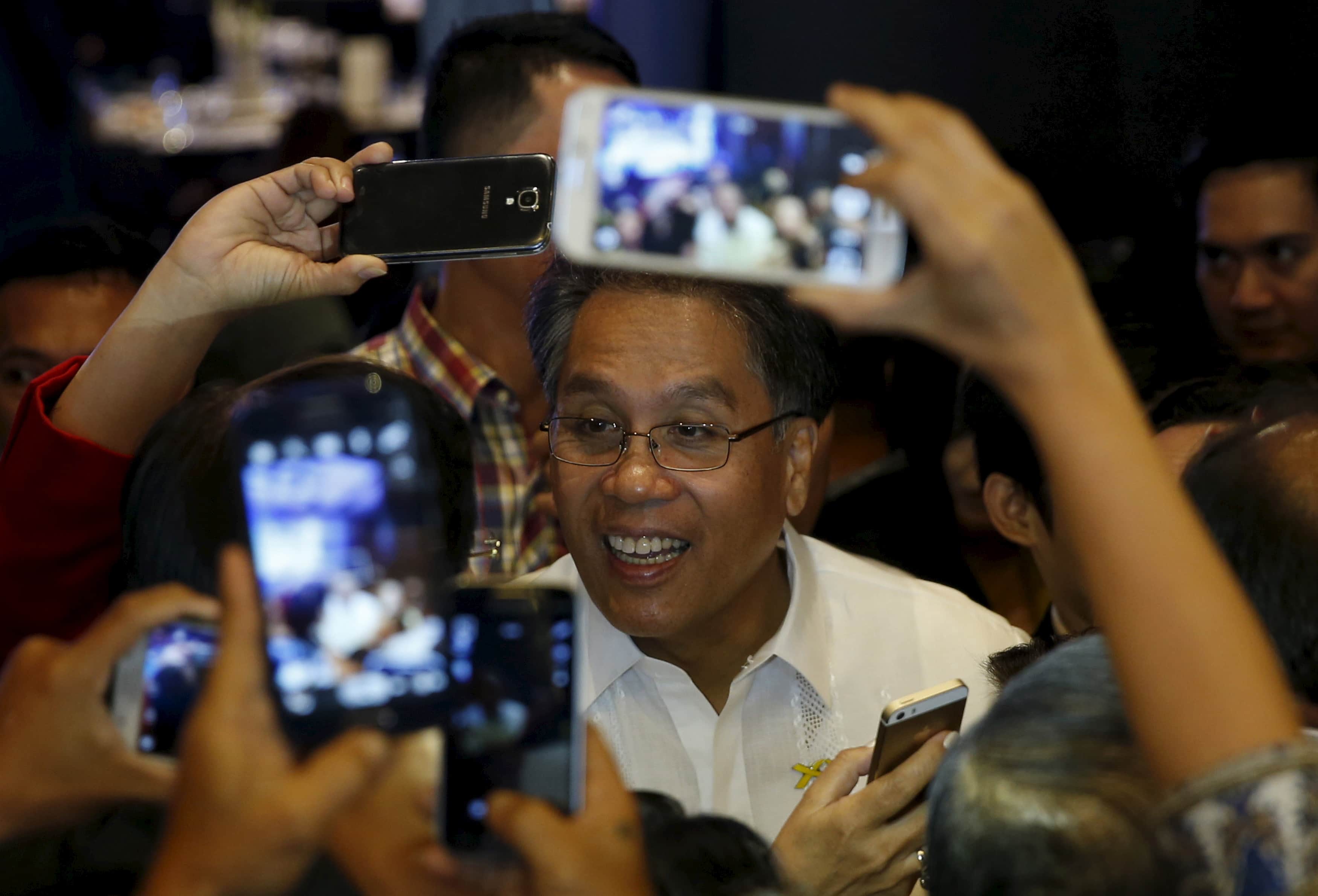Ranking Digital Rights has launched a global ranking for ICT companies, evaluating the world's most powerful Internet and telecommunications companies' effect on freedom of expression and privacy.
This statement was originally published on article19.org on 4 November 2015.
By Emily Hislop
No, you haven’t – they were long, complex, tedious, and designed for lawyers – but, thankfully, Ranking Digital Rights have done it for you.
On 2 November 2015, Ranking Digital Rights launched a global ranking for ICT companies on digital free expression and privacy: the 2015 Ranking Digital Rights Corporate Accountability Index evaluates the world’s most powerful Internet and telecommunications companies’ effect on freedom of expression and privacy.
With numerous cases emerging, from Yahoo and AT&T to Instagram, online rights continue to fall prey to censorship, data breaches, and communications interception, to name only a few of the threats posed in the digital sphere.
Digital companies, from telecommunications companies to social networking platforms, exert a powerful influence over the online and offline lives of people across the globe. It’s an influence which is perpetually expanding and establishing itself in new areas. These companies have a responsibility to respect human rights, yet, as Ranking Digital Rights’ Director, Rebecca MacKinnon says, “If this was a test, nearly everyone failed.”
The Ranking Digital Rights Index has found that many of the world’s most powerful Internet and telecommunications companies fail to disclose key information about practices affecting human rights.
Despite some positive findings, including an increase in transparency reporting, the index has highlighted a need for significant, systematic, and sector-wide improvement.
The research found:
- Disclosure about collection, use, sharing, and retention of user information is generally poor;
- Disclosure about private and self-regulatory processes is minimal and ambiguous at best, and often non-existent;
- Nearly 50% of companies in the Index scored less than 25 percent, showing a serious lack of respect for freedom of expression and privacy;
- Social media titans Twitter and Facebook scored a paltry 58% and 35% respectively regarding freedom of expression.
Google ranked highest among Internet companies, while the UK’s Vodafone ranked highest among telecommunications companies. This said, no company has hit over a 65% rating, so none of the companies ranked has cause for celebration or complacency.
The Index ranks companies according to 31 criteria which are focused around commitment, freedom of expression, and privacy, as well as making practical recommendations. The Index will aid human rights advocates, policy-makers, and responsible investors. It could also help companies to improve their own policies and practices, enabling them, as well as pushing them, towards respecting human rights in the sectors which they themselves continue to shape and develop.
Recent cases have shown that, left unsupervised in the hands of corporations, freedom of expression and privacy can be left broken on the floor of the digital playroom. This index could be a valuable resource for users and companies alike, as well being a watchful eye on those who might seek not to play fair with online rights.
The 2015 Ranking Digital Rights Corporate Accountability Index will be presented in London at the LSE this month, on 19 November, with ARTICLE 19’s Gabrielle Guillemin taking part in a panel debating and exploring the interplay between corporate decision making and protection of user rights, and addressing challenges of designing a universal ranking system.




